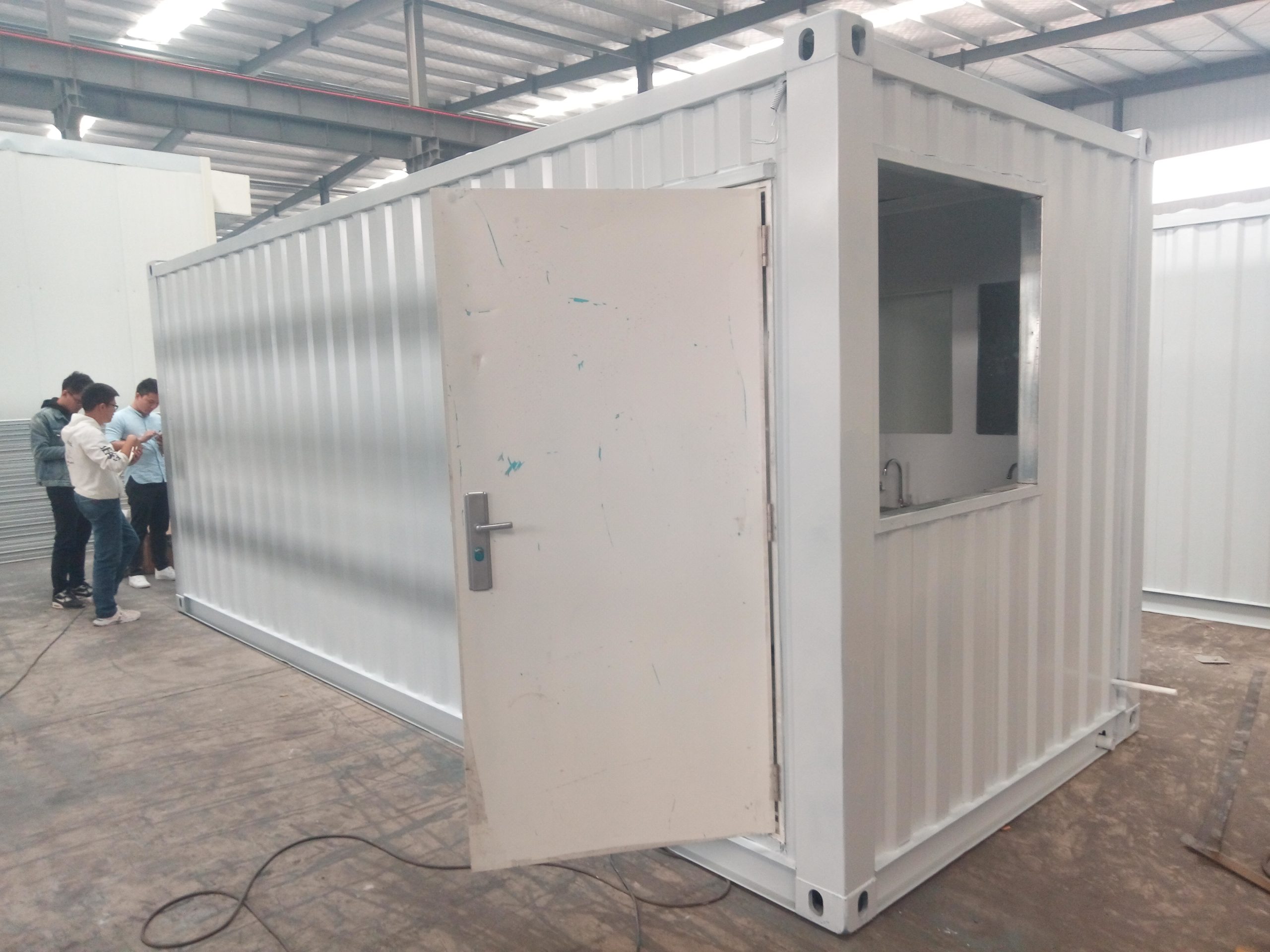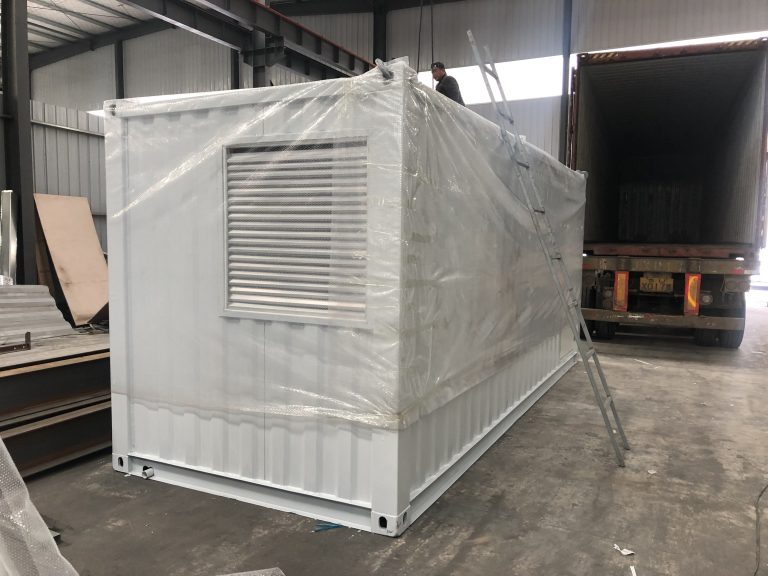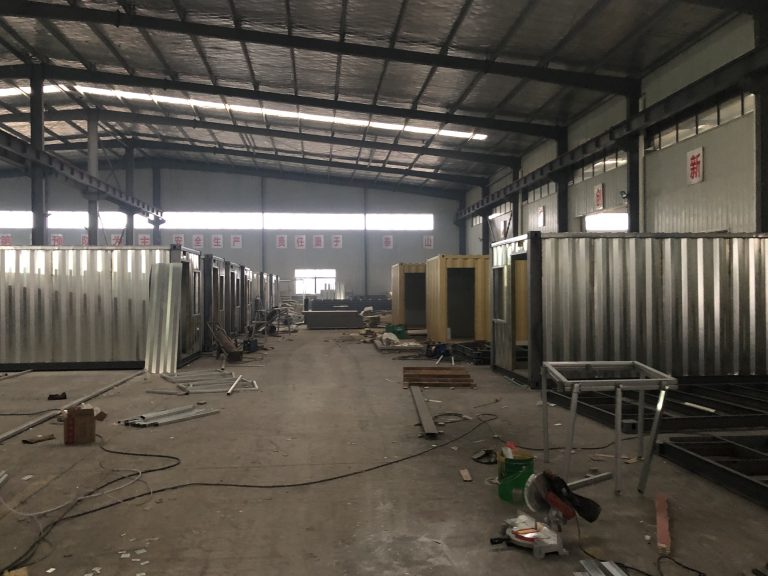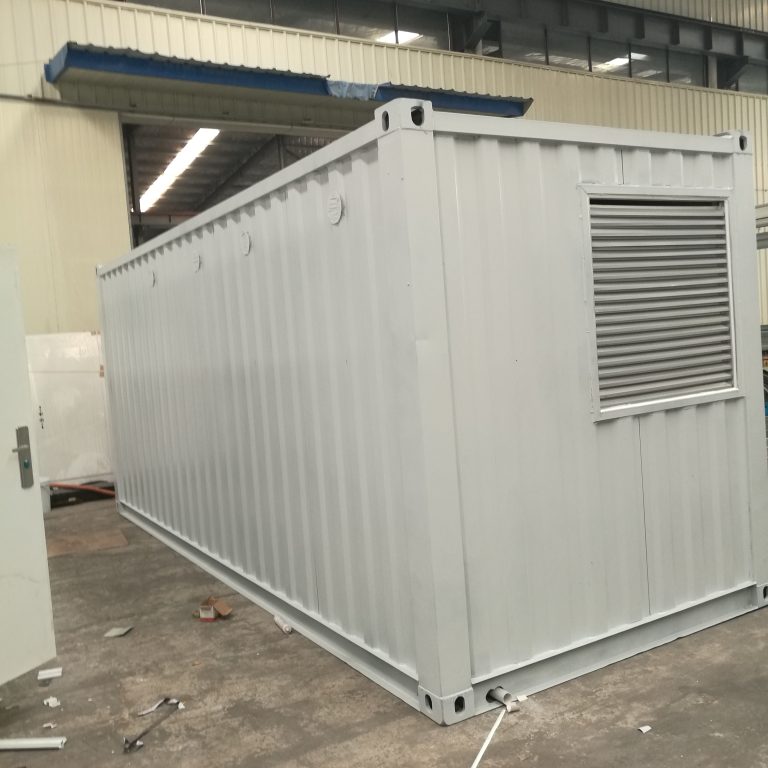International standards for the steel construction industry: Increasing global competitiveness.
Table of Contents
Advantages of Implementing International Standards in Steel Construction Industry
The steel construction industry plays a crucial role in the global economy, providing the backbone for infrastructure development, manufacturing, and various other sectors. As the demand for steel continues to rise, it has become increasingly important for companies in this industry to adhere to international standards to ensure quality, safety, and competitiveness in the global market.
Implementing international standards in the steel construction industry offers a wide range of advantages that can help companies improve their operations and increase their global competitiveness. One of the key benefits of adopting international standards is the ability to enhance product quality. By following standardized processes and procedures, companies can ensure that their products meet the highest quality standards, which can help them attract more customers and build a strong reputation in the market.
In addition to improving product quality, international standards also help companies enhance safety in their operations. Safety is a top priority in the steel construction industry, as workers are often exposed to hazardous conditions and risks. By following international safety standards, companies can create a safer work environment for their employees, reduce the number of accidents and injuries, and comply with regulatory requirements.

Furthermore, implementing international standards can help companies streamline their operations and improve efficiency. Standardized processes and procedures can help companies eliminate waste, reduce errors, and increase productivity, which can ultimately lead to cost savings and improved profitability. By adopting international standards, companies can also enhance their competitiveness in the global market by demonstrating their commitment to quality, safety, and efficiency.
Another advantage of implementing international standards in the steel construction industry is the ability to access new markets and opportunities. Many countries and regions require companies to comply with specific standards in order to do business, and by meeting these requirements, companies can expand their reach and tap into new markets. International standards can also help companies build partnerships and collaborations with other organizations, both domestically and internationally, which can lead to new business opportunities and growth.
Overall, implementing international standards in the steel construction industry is essential for companies looking to increase their global competitiveness and stay ahead of the competition. By focusing on quality, safety, efficiency, and compliance, companies can improve their operations, attract more customers, and access new markets and opportunities. In today’s highly competitive and interconnected world, adhering to international standards is not just a best practice – it is a necessity for companies that want to thrive and succeed in the global market.
Impact of International Standards on Quality and Safety in Steel Construction Industry
The steel construction industry plays a crucial role in the global economy, providing the infrastructure for buildings, bridges, and other structures that are essential for modern society. As the demand for steel construction continues to grow, it is important for companies in this industry to maintain high standards of quality and safety. One way to achieve this is by adhering to international standards that have been developed to ensure consistency and reliability in steel construction projects.
International standards for the steel construction industry cover a wide range of topics, including materials, design, fabrication, and erection. These standards are developed by organizations such as the International Organization for Standardization (ISO) and the American Society for Testing and Materials (ASTM), and are used by companies around the world to ensure that their products and processes meet the highest levels of quality and safety.
One of the key benefits of adhering to international standards in the steel construction industry is the increased level of competitiveness that it can bring to companies. By following these standards, companies can demonstrate to customers and stakeholders that they are committed to producing high-quality products and delivering projects that meet the highest standards of safety. This can give companies a competitive edge in the global marketplace, as customers are more likely to choose a company that can demonstrate a commitment to quality and safety.
In addition to increasing competitiveness, international standards can also help to improve the overall quality and safety of steel construction projects. By following these standards, companies can ensure that their products and processes meet the highest levels of quality and safety, reducing the risk of defects, accidents, and other issues that can lead to costly delays and rework. This can help companies to deliver projects more efficiently and effectively, leading to higher levels of customer satisfaction and repeat business.
Furthermore, adhering to international standards can also help companies to reduce costs and improve efficiency in their operations. By following these standards, companies can streamline their processes, reduce waste, and improve the overall quality of their products. This can lead to cost savings and increased profitability, as companies are able to deliver projects more efficiently and effectively, without sacrificing quality or safety.
Overall, international standards play a crucial role in the steel construction industry, helping companies to increase their competitiveness, improve quality and safety, and reduce costs. By following these standards, companies can demonstrate their commitment to producing high-quality products and delivering projects that meet the highest levels of safety. This can help companies to attract customers, win contracts, and grow their businesses in the global marketplace. As the demand for steel construction continues to grow, it is essential for companies in this industry to embrace international standards and strive for excellence in all aspects of their operations.







